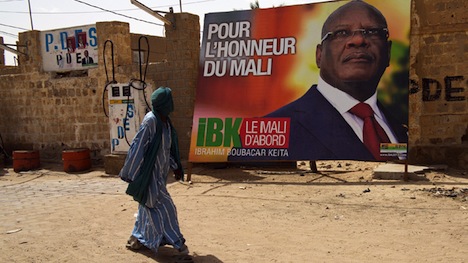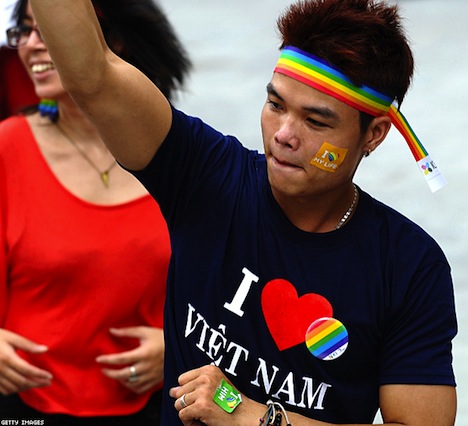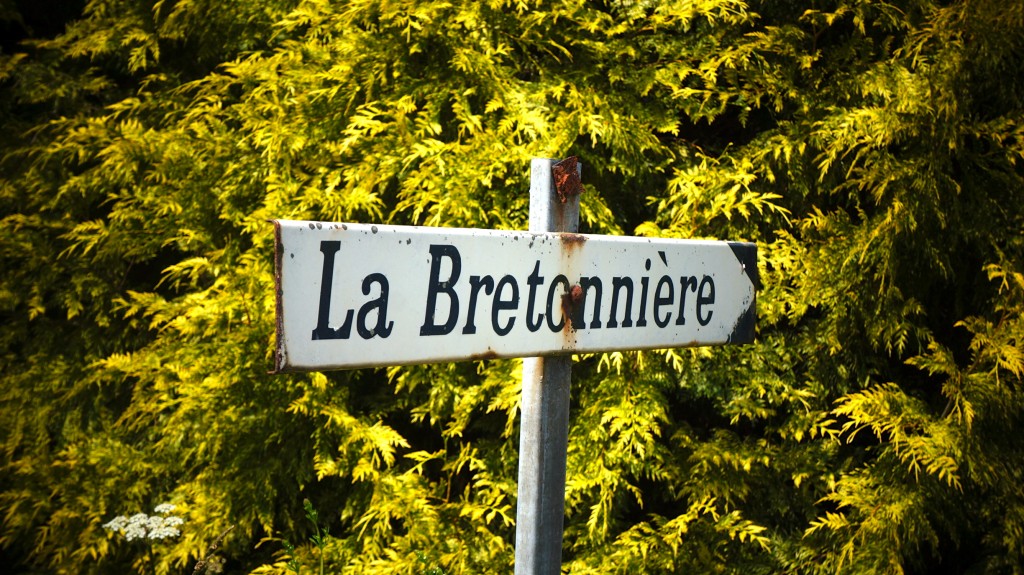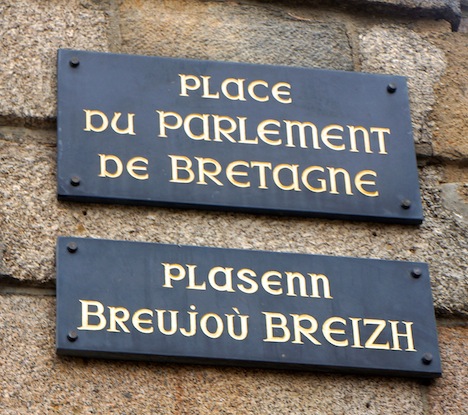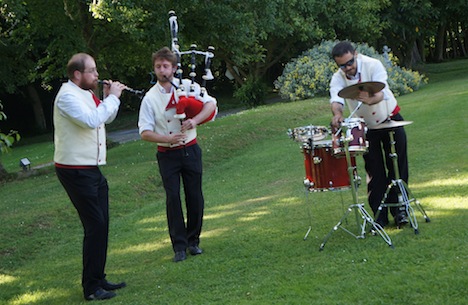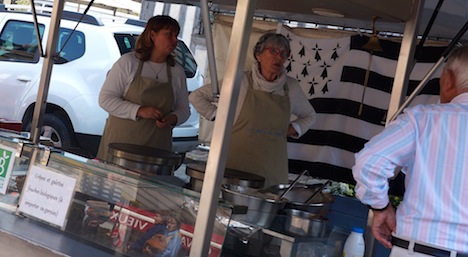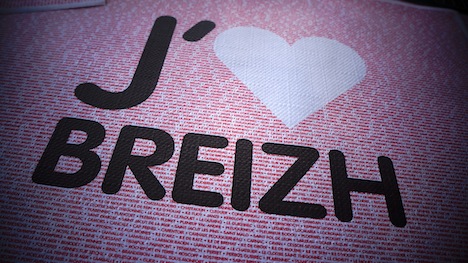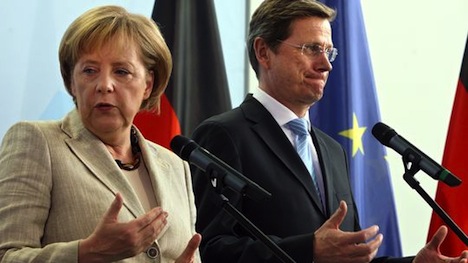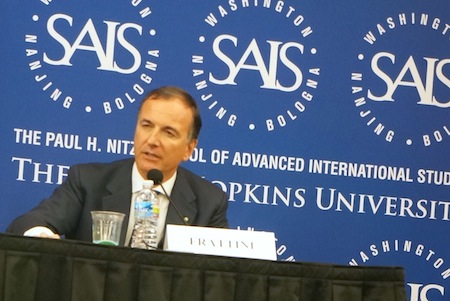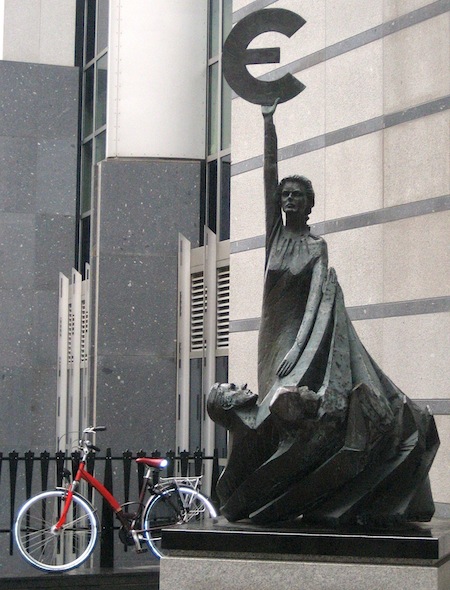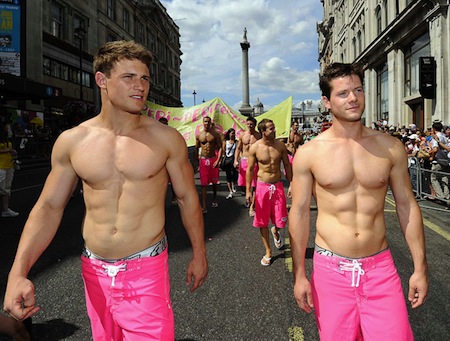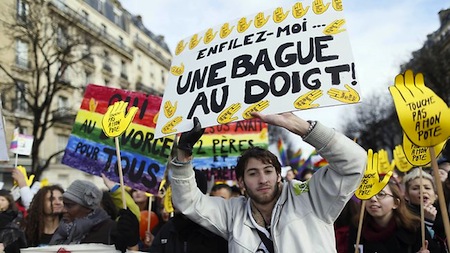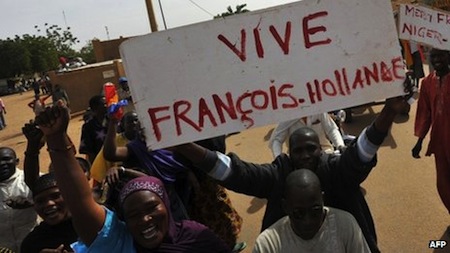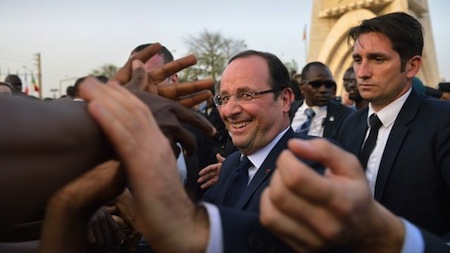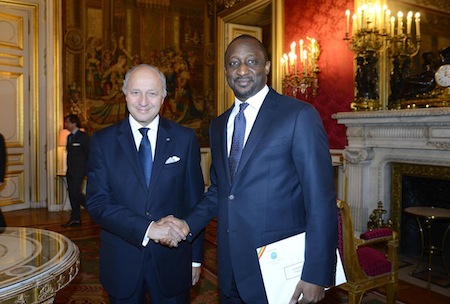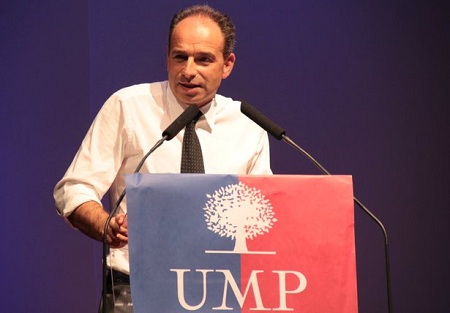In an otherwise busy weekend for elections, voters in Mali went to the polls yesterday to select a new president, despite the fact that the country has a long way to go in securing a peace agreement to definitively end the crisis of the past 16 months. ![]()
It’s no secret that the international community has pushed for an ambitious timetable, just months after France sent troops to the country to restore order by pushing back Tuareg rebels and disparate Islamist groups that had taken control of northern Mali and threatened to overwhelm Bamako, Mali’s capital in the south. Accordingly, French leaders are anxious to have an elected president that can push for a lasting peace between a legitimate central government and the separatist Tuaregs in the north. French president François Hollande, aware of France’s heavy-handed history with respect its former African colonies and the legacy of Françafrique, has pushed for as rapid a transition as possible to a stable Mali. The United States and other Western governments also want an elected government in order to renew political and other humanitarian aid to the country that’s been on hold since a military coup in March 2012 that ousted Amadou Toumani Touré (known popularly as ‘ATT’ in Mali).
But given that France’s military mission only ended in February, there’s been a steady stream of criticism from both inside and outside Mali that the country was not yet ready for an election so soon after its political crisis, and that Paris and other Western governments had pushed Mali into an election sooner than necessary in order to stitch up a peace deal rather than secure a long-term political settlement.
On one hand, Sunday’s presidential race was itself an extension of the postponed election originally planned for March 2012, which was cancelled in the aftermath of last year’s coup that only exacerbated the turmoil in northern Mali, and three of the four frontrunners in Sunday’s race had previously planned to run in the March 2012 vote. ATT, who had governed Mali since 2002, had announced he was stepping down and, before the ill-timed coup, Mali seemed set for a fairly normal election and a peaceful transfer of power from ATT to a new administration. It’s also true that the installation of a new government with the legitimacy of a popular mandate could accelerate the momentum for a permanent ceasefire with northern rebels, and the restoration of U.S. aid will certainly boost investment.
But on the other hand, it’s not at all clear that Mali is ready to make that transition when life is still returning to normal — nearly half a million Malians have either fled to neighboring countries in the Sahel or remain internally displaced, and the rush to Sunday’s vote was plagued with confusion over establishing polling places, distributing biometric voter cards in a country of 16 million people and revising voter rolls that had not been updated in four years. It remains to be seen if northern Malians, some of whom still support the National Movement for the Liberation of Azawad (MNLA) that declared the independence of the northern territory of Azawad and some of whom are voting abroad or elsewhere in the country, will deem the vote to have been legitimate.
Although the French forces are largely seen as having been successful earlier this year in ending Mali’s crisis, it was Western intervention in the region that may have led to the fighting in the first place. Although northern rebel groups have continuously agitated for autonomy since Mali’s independence in 1960, there’s a strong case that Western-provided arms made their way from rebels in Libya fighting against Muammar Gaddafi. Once Gaddafi fell from power, those arms found their way from sympathetic Libyans to nomadic northern Tuaregs, who share much more in common culturally and politically with Libyans than with their southern Malian countrymen.
Given the bumbling role of Western powers that arguably fueled Mali’s crisis, the specter of unintended adverse consequences looms large.
Sunday’s vote seems to have gone about as well as reasonably expected, however, and it may have well marked the largest turnout of any election in Malian history. Despite fears to the contrary, the voting took place without any violence in Mali’s north, and there were no reports of massive fraud or systemic errors, and that should be deemed as an initial success.
But even if the vote took place without major incidents, there’s no way to know if the election will have been a success. In many ways, it’s just the first step of a process that, if successful, will heal a rift that goes back more than half a century. Furthermore, the hasty election heightens the risk that Mali’s new president might not share the same respect for democracy as ATT — by holding elections with the country still recovering from crisis, voters might prefer a candidate with strongman qualities who could lead Mali to slide backward on democracy in the years ahead. Ultimately, the international community knows that its goal of a peaceful Sahel that’s not a sanctuary for Islamic jihad must be complemented and supported by a Mali that’s making progress toward internal stability, economic growth and national unity (and there’s no guarantee that chasing radical Islamists out of northern Mali won’t destabilize neighboring Niger or Mauritania). It’s easy to imagine faulting Hollande for pushing Mali too soon toward normalization, ironically due to efforts to keep France’s post-colonial footprint as light as possible. Continue reading Despite fears, Mali’s rushed presidential election seems like a success — for now
